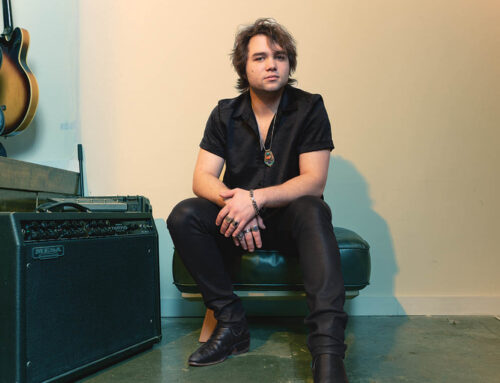A pastor finds reassurance in a neurosurgeon’s faith
One of the most engaging books I have read is “Proof of Heaven,” by Dr. Eban Alexander. Alexander is a neurosurgeon who trained at Duke University and served on the faculty of Harvard Medical School for 15 years. A scientifically minded skeptic, he was a self-described “Christmas and Easter Episcopalian.” Matters of faith seemed soft and unprovable when subjected to rigorous scientific scrutiny — particularly claims of a life that extended past physical death. As a neuroscientist, Alexander had difficulty seeing personal self-consciousness as something that existed as anything other than the result of neurons firing in the human brain.
Then Alexander was stricken with a rare and deadly E. coli bacterial meningitis. Given a very small chance of survival, and even less chance of living beyond a vegetative state, he was in a deep coma for seven days. During that time, brain scans showed little or no activity in his neocortex, the upper part of the brain responsible for our being “human” — the seat of consciousness, thoughts, dreams and reason. Against the odds, Alexander unexpectedly regained consciousness after seven days and went on to make a full recovery, to the astonishment of his physicians.
Here is where the story gets interesting. Dr. Alexander reported vivid experiences of a life beyond this world while in deep coma. He subjected his experiences to the same scientific scrutiny that he had practiced for years. Were these dreams? Illusions? Hallucinations? Drug-induced flights of fantasy?
All of these options would require an operating neo-cortex, and his wasn’t working. Scientifically, Alexander’s vivid, ultra-real experiences should not have been possible. New worlds of possibility and deep mystery opened up before him.
So what were his conclusions? He came away with two: First, that we are all — yes, all of us — deeply loved and cherished by God. Second, that our conscious self does not end with physical death. Our sense of self outlasts our brains and our bodies.
When I read that, I thought why, I have been preaching that all my life! So why did I find such comfort, such significance in Dr. Alexander’s story?
Here’s my theory: I started college as a chemistry major. I have always been fascinated by things scientific, whether astronomy, physics or technology. Halfway through college I felt called to the ministry, went on to seminary and the rest is history. I’ve enjoyed an active life of faith, but always there was that niggling hint of doubt. What if it can’t be proven?
I yearned for faith to be rational beyond the limits of mere trust. I hoped it was possible to believe without giving up one’s intellectual integrity.
Dr. Alexander’s story shone like a bright light on the darkness of my doubts. As one day I am on my death-bed, I will think of two voices. First, the one who said, “In my Father’s house are many mansions …” Then, on the heels of that great assurance, I’ll hear the words of the good doctor: “We are all loved and cherished by God … Life does not end with death.”






